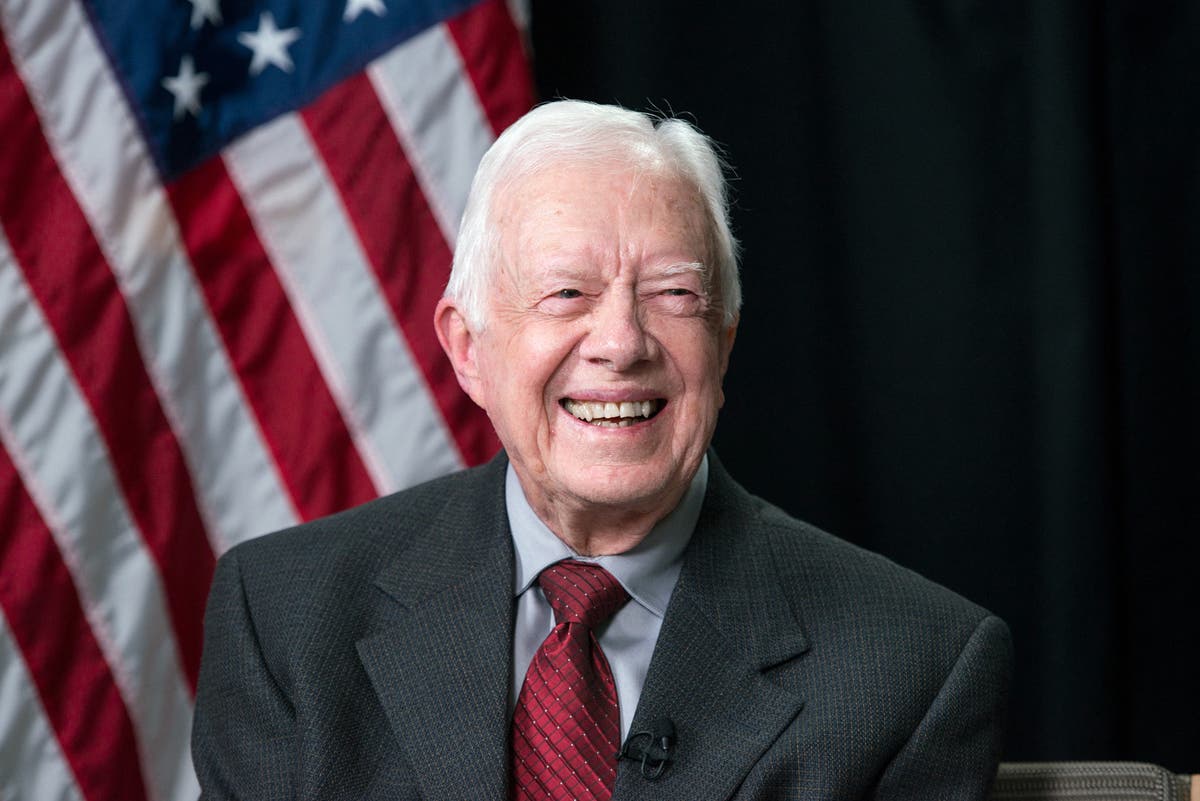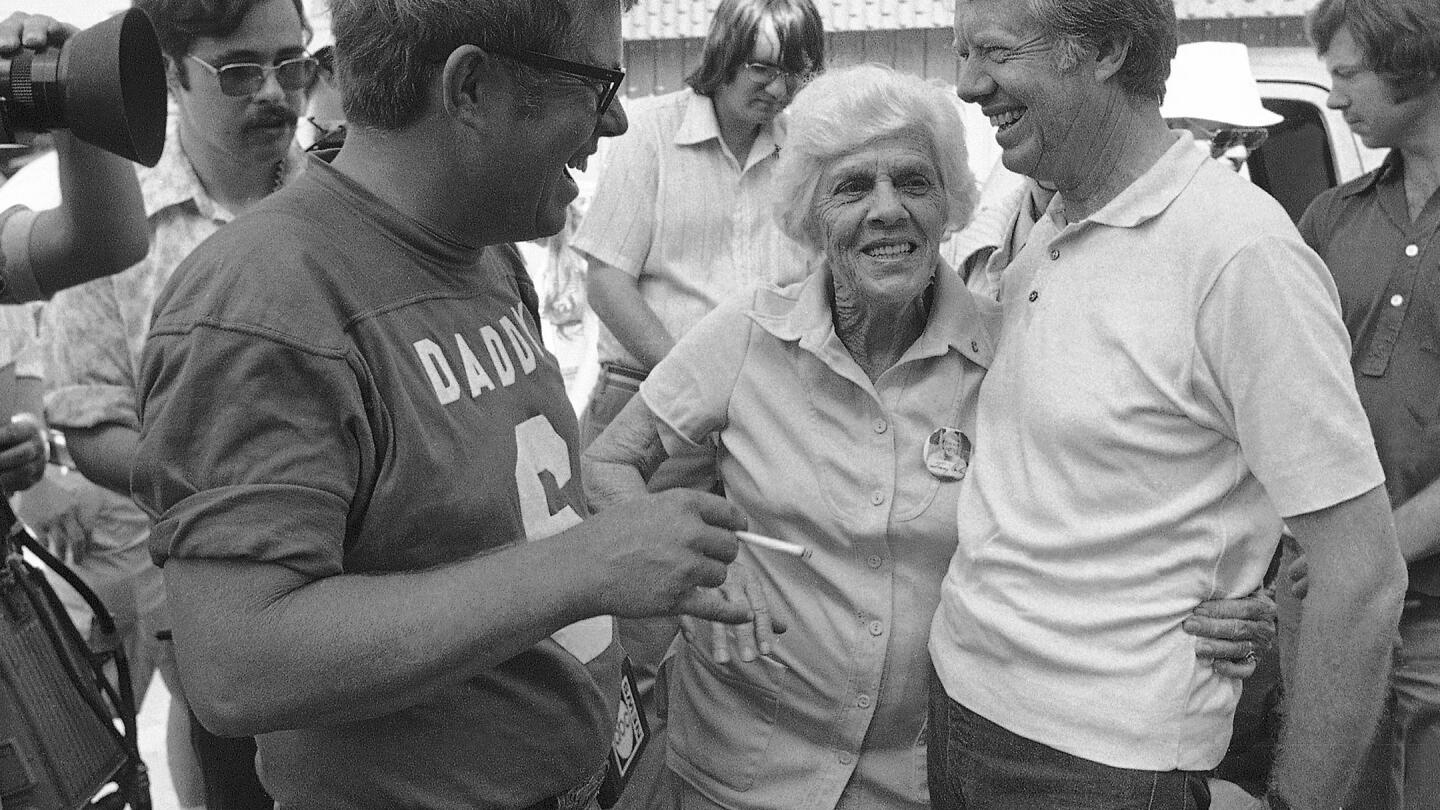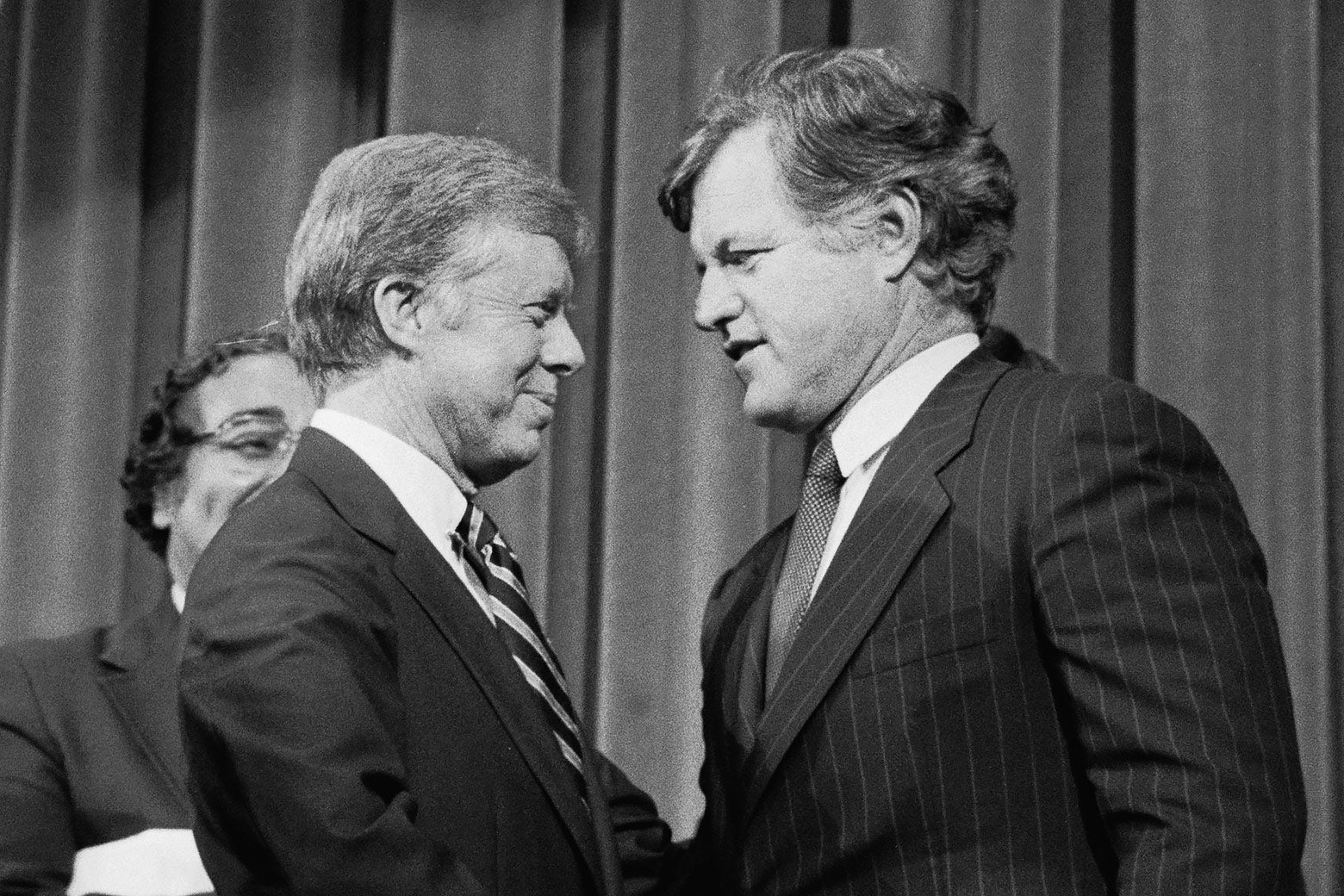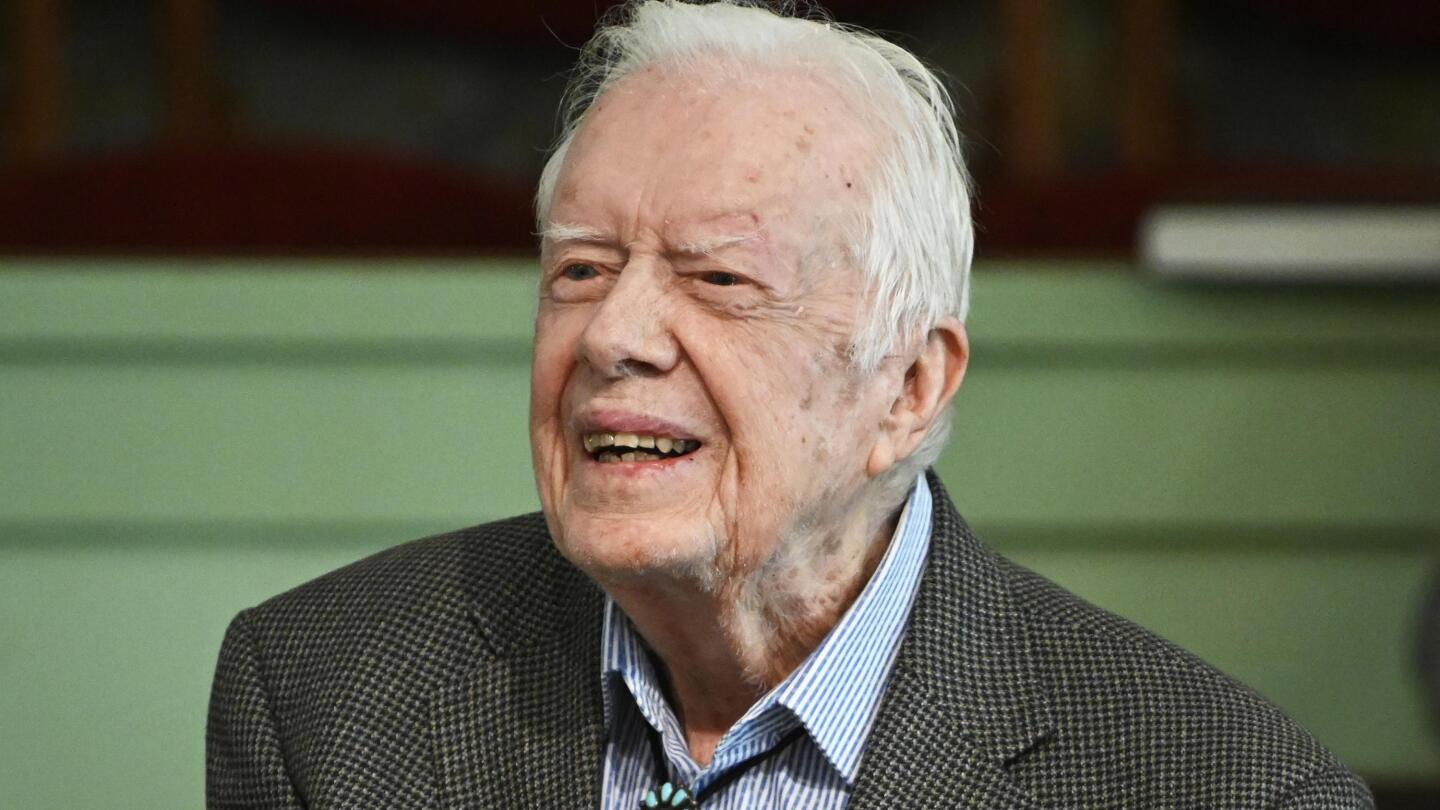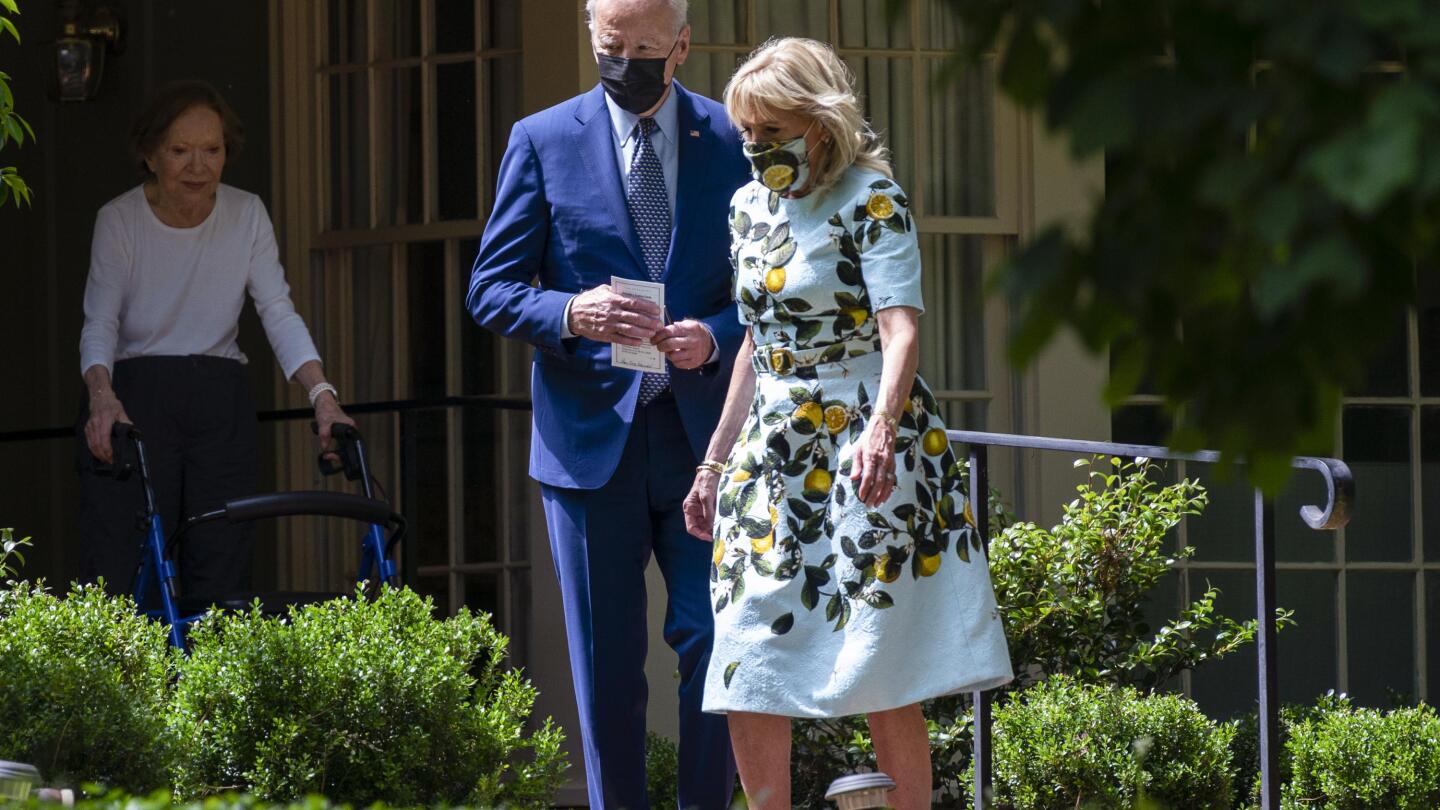
How Jimmy Carter was actually one of the most consequential presidents in modern history
Raw StoryEditor's note: This story originally ran on September 3, 2019. He created new departments of Energy and Education, but perhaps the most significant structural change he made was the creation of “the modern vice presidency,” which he and Walter Mondale shaped to enable the nation’s number-two elected official to reside just steps from the Oval Office, with complete access to the president and the White House information flow, and to be available to the chief executive for advice and/or special assignment. The list goes on, all of it spelled out in Stuart Eizenstat’s splendid and thorough new book, “President Carter.” Other Carter biographies are in the works, ensuring that his presidency will not be “forgotten.” In the administration’s final days, Vice President Mondale famously summarized the four years: “We told the truth, we obeyed the law, and we kept the peace,” words Carter had inscribed on the wall of The Carter Center. ‘We championed human rights.’” It was an appropriate addition to his legacy, because, as he said later, “I decided that human rights would be the centerpiece of our foreign policy.” More than any other president since Abraham Lincoln, Carter consistently embraced human rights, whatever other issues required attention. It was this kind of principled and courageous leadership that earned Jimmy Carter the Nobel Peace Prize for his “untiring effort to find peaceful solutions to international conflicts, to advance democracy and human rights, and to promote economic and social development.” As impressive as all this is, the administration’s record was not without setbacks.
History of this topic

JD Vance vs. Tim Walz: From insignificance to power – 5 key points on the evolving role of US Vice President
Live MintDiscover Related
